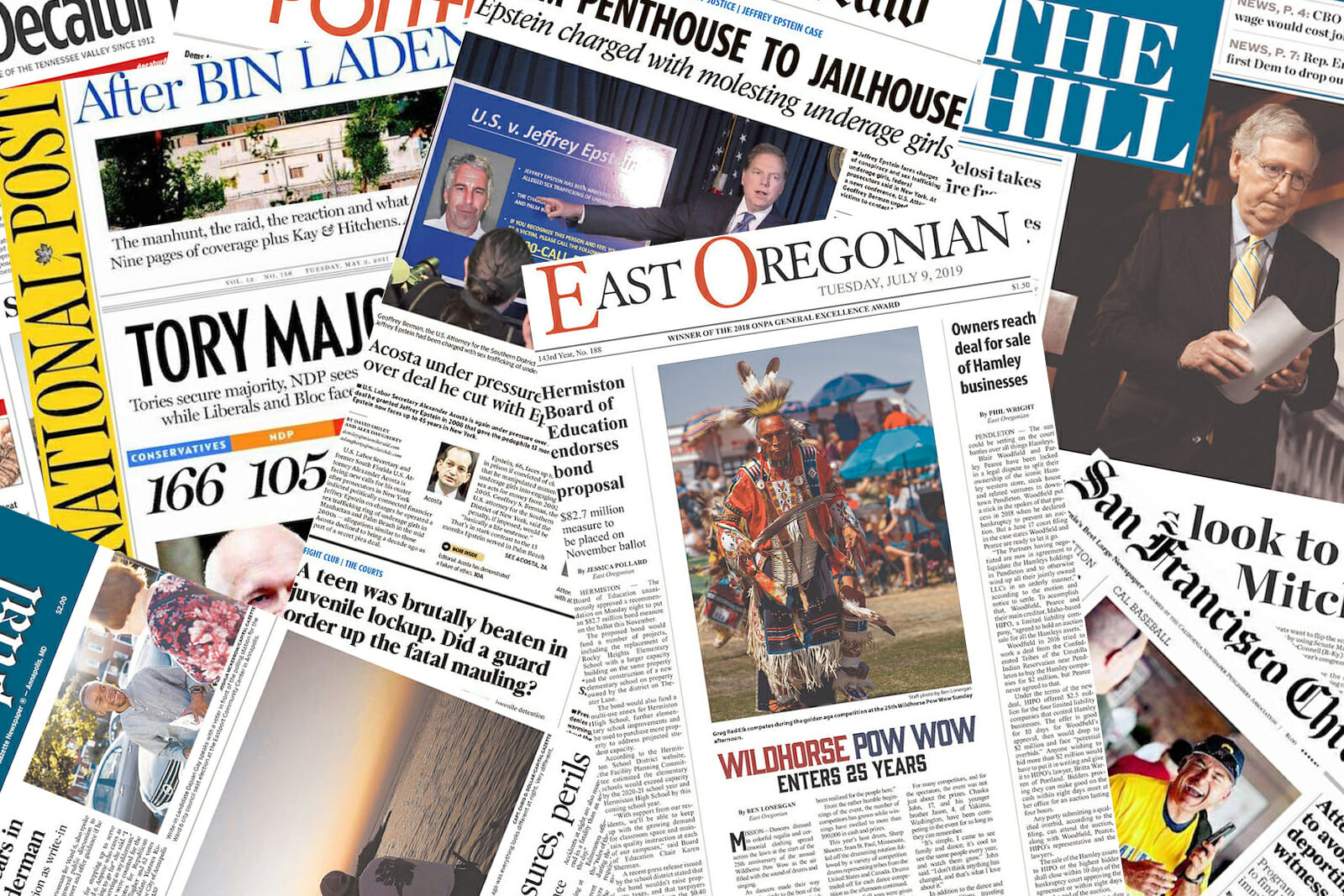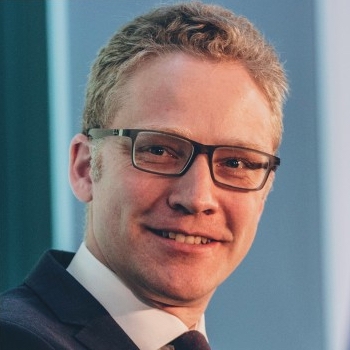
Media
Local Media Must be Strengthened if We Wish to Uphold Press Freedom.
This week, hundreds of delegates from around the world will gather in London for the Global Conference for Media Freedom, hosted by the UK and Canadian governments.
The timing couldn’t be more apt – more journalists were killed and detained last year than ever before in history.
In light of the current crisis, urgent action must to be taken.
Yet, when studying the conference agenda, it’s striking that the overwhelming focus is on actual violations of press freedom – deaths, imprisonment, intimidation, and hostile environments – rather than the underlying causes.
While it is understandable that flagrant abuses be analyzed and addressed, this approach will simply not suffice. For when we raise our voices to call for the release of imprisoned journalists or decry oppressive censorship, we’re already too late.
To create a system that prevents such abuses from occurring in the future, we must be more ambitious.
First, we must tackle the worldwide trends affecting news and information with increased urgency and understanding. A failure to do so will increasingly weaken the operating environment for all journalists, leaving them more vulnerable to becoming another grim statistic.
The challenges are stark: a collapse in the age-old business model of paying for news; a global tidal wave of misinformation and disinformation, washing away public trust in even the most respected news brands; a splintering Internet with geopolitical tectonic plates threatening to steal the concept of democratized information; a crisis of confidence for truthful news and information in the global attention economy.
These issues must be tackled head-on. If the participating delegates are consumed with a collective reactionary response to recent shocking cases of press freedom violations, solutions will not be found.
We must also work from the ground up to support and invigorate local media across the world.
To make the sector stronger, we must push for a more sustainable, rules-based system that ensures all media workers are well-equipped to go about their work safely in the long term.
Individual journalists and scrappy, independent media outlets, brave as they may be, cannot succeed on their own. To defend media freedom, we must adopt a “whole of the market” approach. This takes creativity and ingenuity, and most of all it takes listening and supporting the needs of on-the-ground journalists and media outlets.
There are several ways in which we can support such an outcome. Our suggestions include:
- Creating new ways for small media to operate in a digital advertising market that has largely left them behind. United for News, a coalition of Internews and the World Economic Forum, is doing just that, collaborating with major brands and advertisers to develop new financial paths for media.
- Investing in digital safety and security training that meets the ever-changing needs of journalists and content providers. Red Battario, a trainer working with Internews’ Earth Journalism Network in Southeast Asia, says journalists can decrease their digital risks by increasing their own defense capacities. Knowing how to protect data and sources, defend against denial-of-service attacks, and secure personal devices are all tools today’s journalists must master.
- Dedicate resources to media made by and for the most marginalized among us. It’s not difficult to lose trust in media that doesn’t reflect your concerns or community. In the US, Internews’ Listening Post Collective helps journalists build trust and true community media outside capital cities and power centers.
This is just a sampling of all that needs to be done, but it’s important to broaden our outlook beyond decrying abuse. The actions we take now, as a global community committed to press freedom, matter more than ever.
Only a strong local media infrastructure, active in every community around the world, will be able to truly defend media freedom. Let’s use the welcome spotlight of the #DefendMediaFreedom campaign to work together to create new models for healthy information ecosystems.

